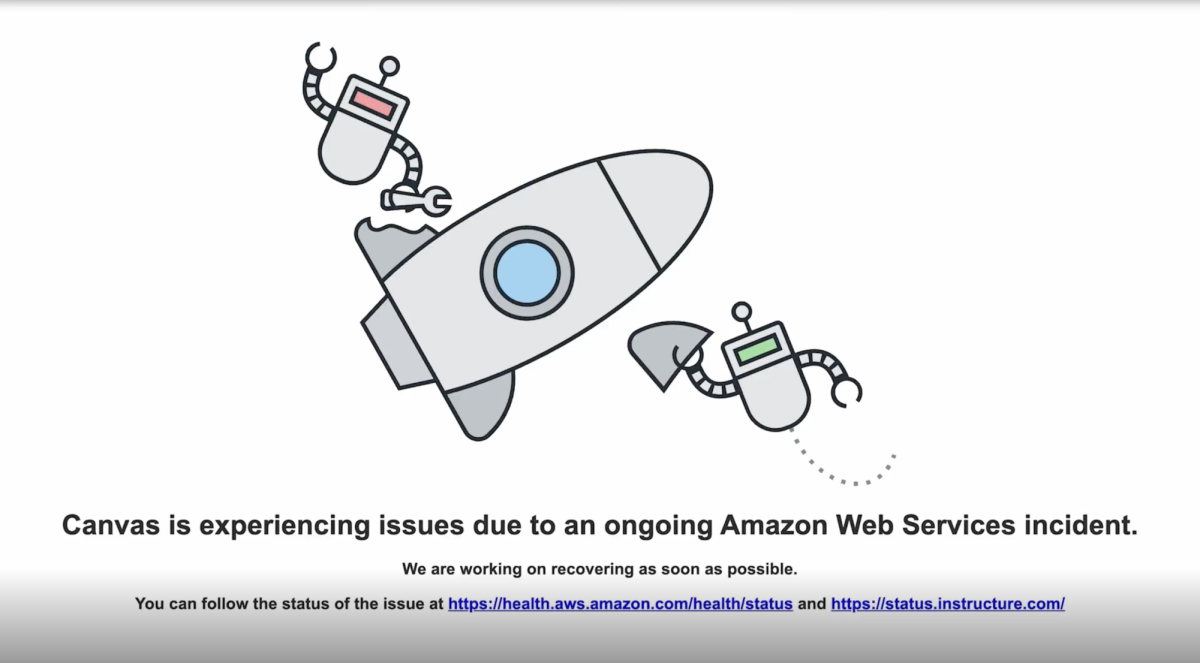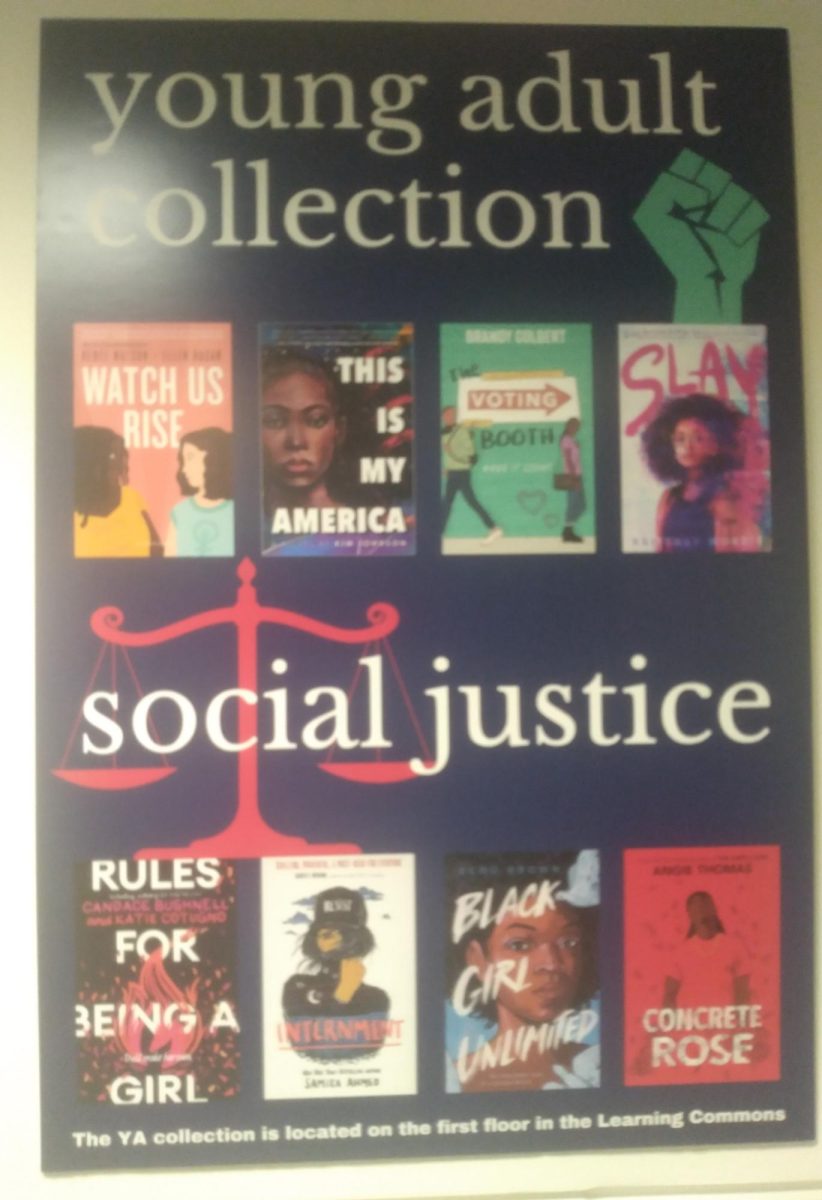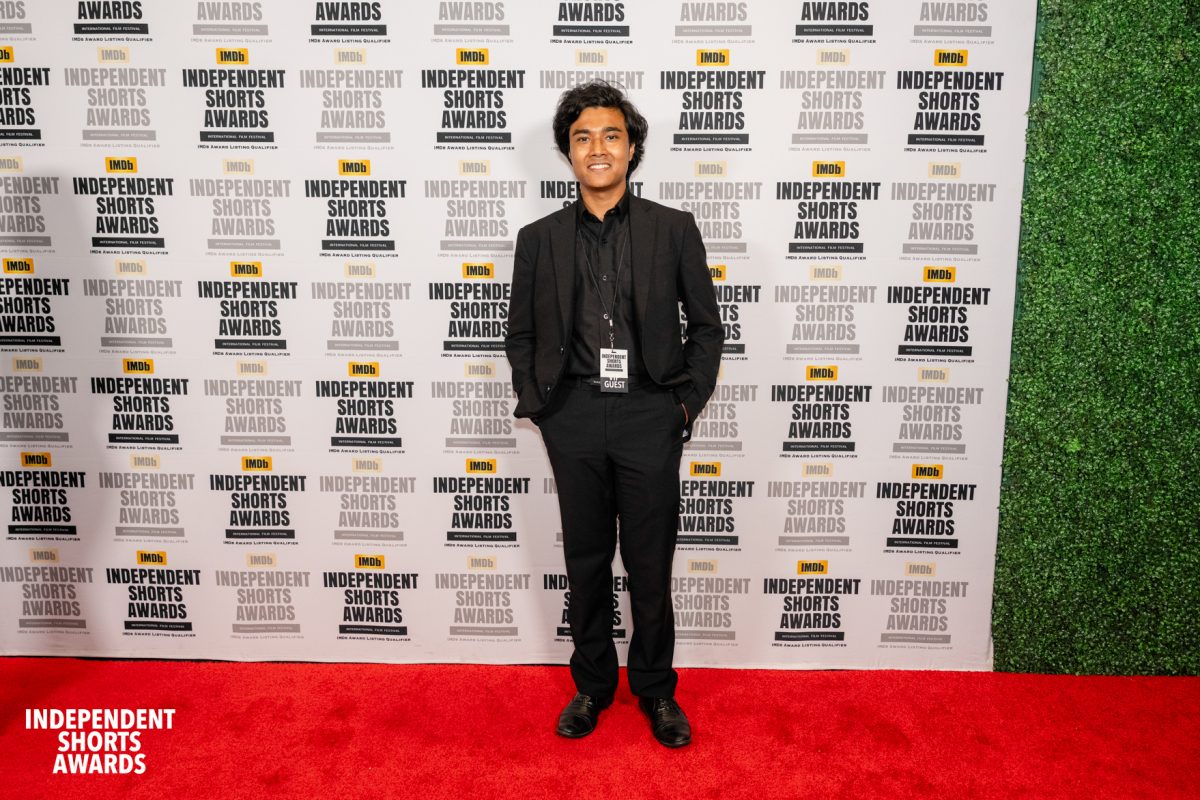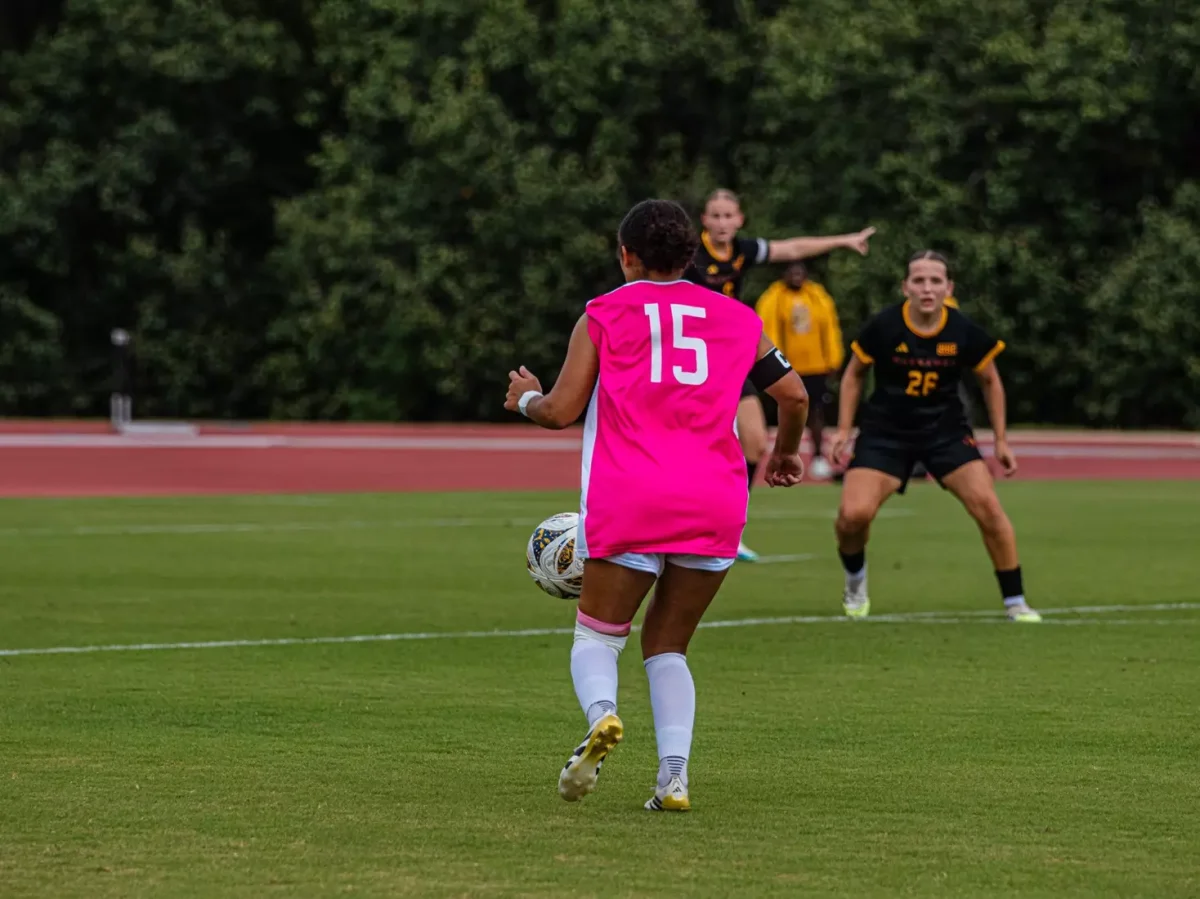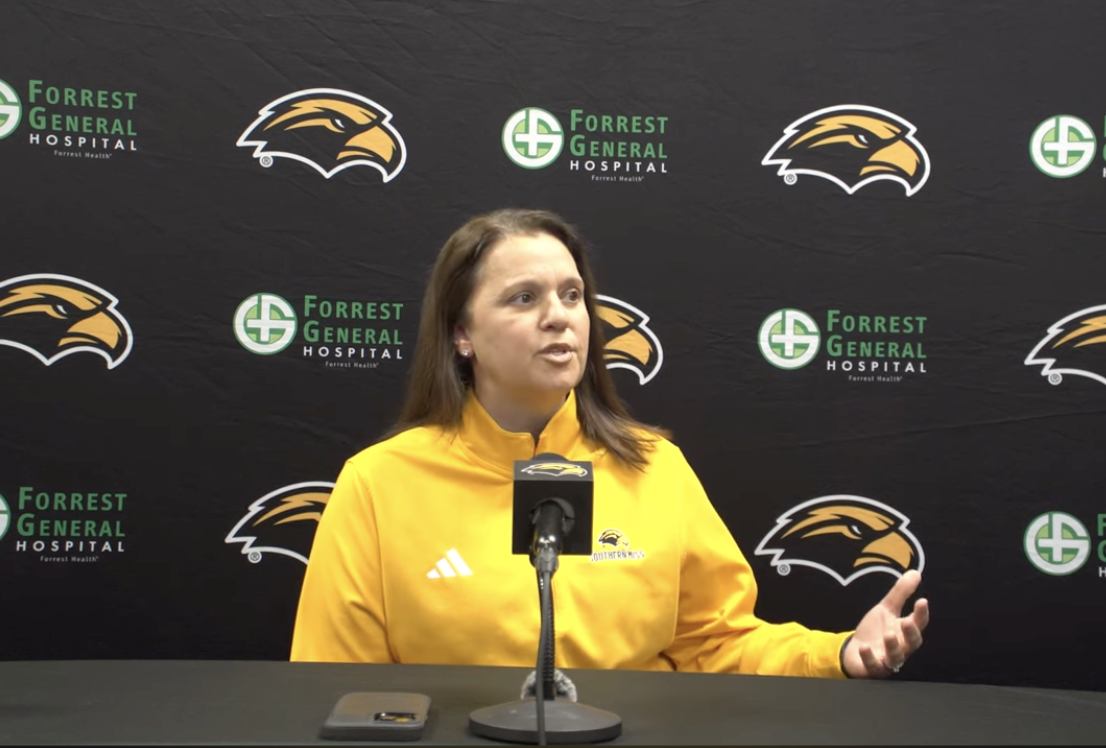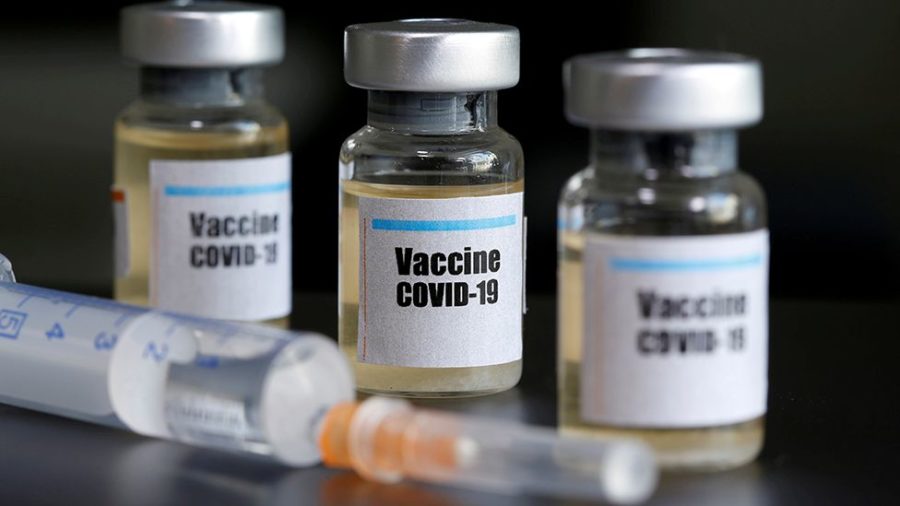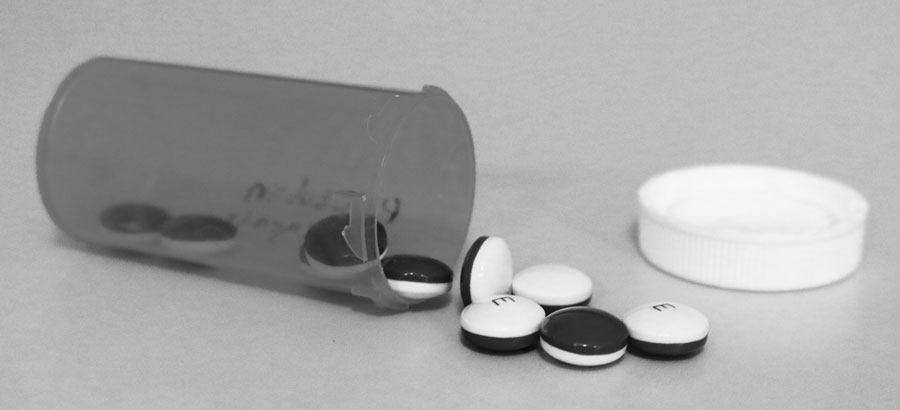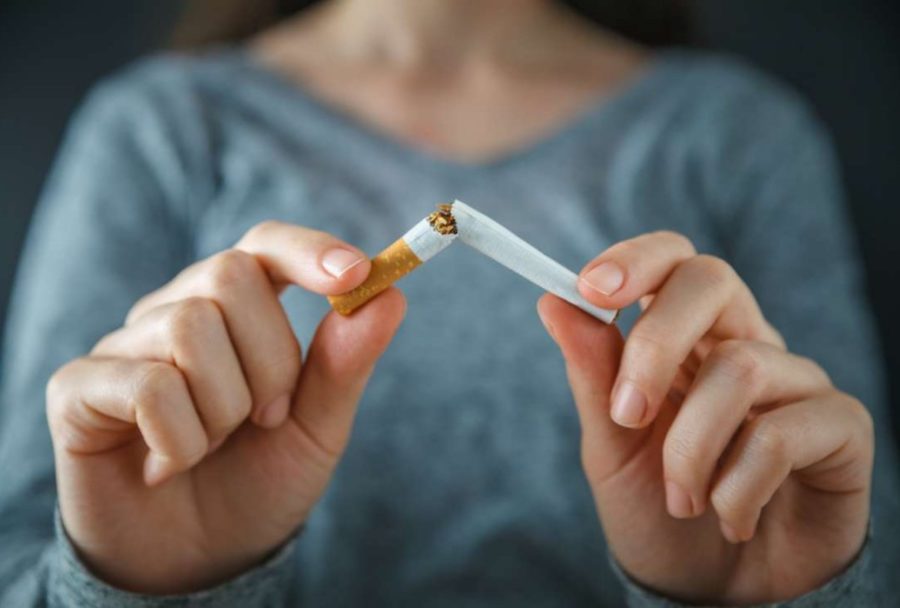Suicide is the second leading cause of death for college-aged students, according to the American Foundation for Suicide Prevention, and it is 100 percent preventable.
College is arguably one of the most stressful times in a person’s life. With everything that piles onto a person with getting good grades, maintaining a job for financial support, commitment to extracurricular activities and worrying about what will come after school is over, it is a lot for a person to handle on his or her own. Some people might feel like they cannot handle it and they have no way out except one, but suicide is not the way.
Many people have the idea that suicide is a selfish act. The person who does it is not thinking about the impact it has on anyone else. The people left behind were not considered. In reality, things are not that simple. Many times people have tried different ways to feel better before suicide.
This is exactly how Mathew Coleman, a senior entertainment industry management major, felt when he contemplated and attempted suicide.
“I was at a point where I just couldn’t envision a future for myself,” he said. “Eventually, I would just daydream about killing myself. I tried at 16. I just felt trapped and my family wouldn’t listen to me.”
Looking back now, Coleman is glad he did not go through with it.
“I thought of the people I would hurt, about the life I’d miss out on,” he said. “Is that really how you want to be remembered? At this age, we still have a lot of life ahead of us.”
Paul Linden, an associate professor in the School of Mass Communication and Journalism, has had personal experience with losing someone too young. Linden’s former band mate, Sean Costello, died of an overdose at the age of 29.
“In a way it was harder than losing a family member,” Linden said. “I’m the youngest child of seven, so Sean was almost like a younger brother to me. He really looked up to me, like a mentor.”
Linden looked back and remembered what he felt when he learned of Costello’s passing.
“It was like this bomb of sadness went off,” he said. “There was disbelief, anguish (and) profound loss, and it became anger pretty soon after that. He still had so much left to say as an artist.”
Linden summed up the feelings of a lot of people who know someone who passed too young, especially because of suicide.
“This didn’t have to happen,” he said.
Even though some consider those who commit suicide to be selfish, Coleman wanted to remind people that a person only lets so many things out into the open.
“You can’t just look at a person and know all of the things that they are going through,” he said. “You have no idea how much of a battle that person is going through.”
For anyone who thinks he or she might be having suicidal thoughts, there is help.
The Student Counseling Services, located in Kennard-Washington Hall, offers six free sessions a semester with trained professionals.
National Suicide Prevention Lifeline is 1.800.273.8255 and is available 24/7 with volunteers who speak English as well as Spanish.
Just remember, it always gets better. Even if it gets bad again, it will always get better.





